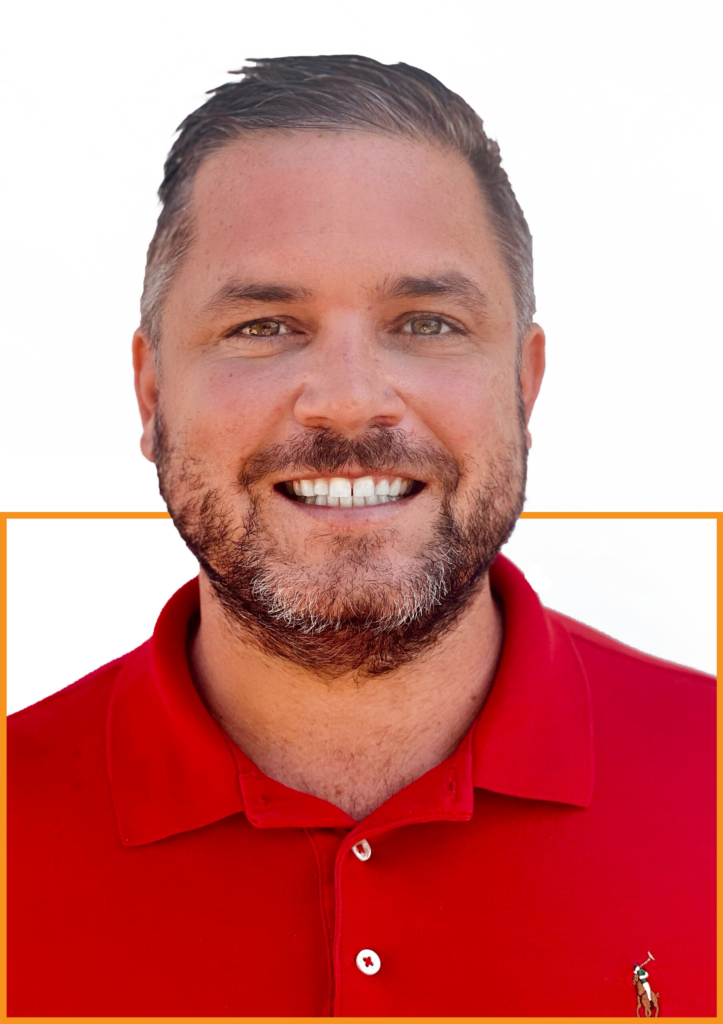Finding the right kind of treatment based on the personal needs of each client is essential. Not everyone will respond to the same outline of recovery. Keeping programs malleable and options plentiful is important in establishing a recovery path. Equine therapy is just one of these options that can be used on its own or in conjunction with other modalities of treatment and come with unique benefits that set it apart from other forms of mental health and addiction treatment.
The Basics of What it Looks Like
Equine therapy is a lot more than petting horses. There is a curated reason for using these particular animals, and equine therapy must be skillfully practiced. Equine therapy uses horses as a stand-in for teaching many life skills that set up the basis of success. While it takes on a physically active form in recovery, it rewards being in tune with one’s own emotions and body language.
This therapy can be used to create the basis of trust. Horses are innately in tune with the feelings of people around them. That ability can be used to establish emotional coping techniques and is one of the main goals that make equine therapy unique.
Creating a Judgment-Free Space
Horses are used to mitigate factors other than how someone is feeling and behaving in the moment. Things that may cause stress, like one’s own physical appearance, don’t matter when interacting with a horse. While interacting with horses, people can let go of their past mistakes and stress to live in the moment.
The animal isn’t concerned with past mistakes, only the present emotional state, and interactions that are currently taking place. It is a genuinely judgment-free space. When addressing recovery from addiction or mental health issues, overcoming judgment is essential.
That feeling of detachment from the weakest times in one’s life can be the first step in addressing the root of the issue. It allows mistakes to live in the past, and for the person to live in the present. Horses in equine therapy reward people for who they have become rather than who they were or what they used to do.
Teaching Body Language
Social skills are some of the most critical life skills that are established through the course of recovery. Learning how to interact in social situations is more than just choosing which words to say. It involves a keen awareness of one’s tone and body language as well. Equine therapy invites someone to think about these aspects when interacting with a horse.
The horses are less concerned about the actual vocabulary and sentence structure. Instead, they respond to one’s tone and body language to derive meaning from the people around them. Having a chance to practice the two different facets of healthy interaction can help teach people how the social structure works as a whole.
Boundaries and Trust
Equine therapy also teaches another essential facet of the social sphere – establishing boundaries and trust. Boundaries are important, and horses are excellent teachers. Horses have extremely physical responses to stimuli. These responses can teach people to properly address others or even act as a stand-in for the person themselves.
This can help people in recovery understand their own boundaries and what they are comfortable with. From this point, it is easier to identify and work on someone’s boundaries in their own recovery path and experiment with overcoming them.
The entire process establishes a sense of trust between a person and their equine partner. While learning to trust something else again is incredibly difficult, it doesn’t have to all start at the same time. Someone can build up their capacity for trust again, and horses are there as a stepping stone to exploring and understanding that trust.
Trust also works the other way around. Some people carry with them an undying, unrelenting sense of guilt that hinders them from allowing others to trust them again. As people learn to trust again, the equine partner learns to trust that person for who they are.
Keeping Physical
Interacting with a horse is a physical activity. Keeping the body active keeps the mind busy as well. Overall, physical health is necessary for mental health to thrive. While this can be done through riding horses as well, it isn’t required.
Feeding, petting, and caring for the horses while learning about trust, boundaries, and body language can be the whole package. Getting fresh air keeps the mind just as fresh, and exercising body and mind allows for a holistic approach to recovery from addiction or mental health issues.
Emerge Recovery provides a new take on the equine therapy program if you or a loved one are suffering from an addiction and are looking for a unique approach to therapy. Equine therapy provides a unique take on recovery, and Emerge Recovery couples their use of equine companions with other recovery methods in order to address your holistic needs. On top of the benefits that equine therapy presents, Emerge specializes in developing programs for addiction recovery, mental health, and the unique issues the LGBTQ+ community faces. For more information on how their programs can help you, contact Emerge today at 888.273.8624, or schedule a no-cost consultation to see how recovery at The Emerge Recovery may look for you.












